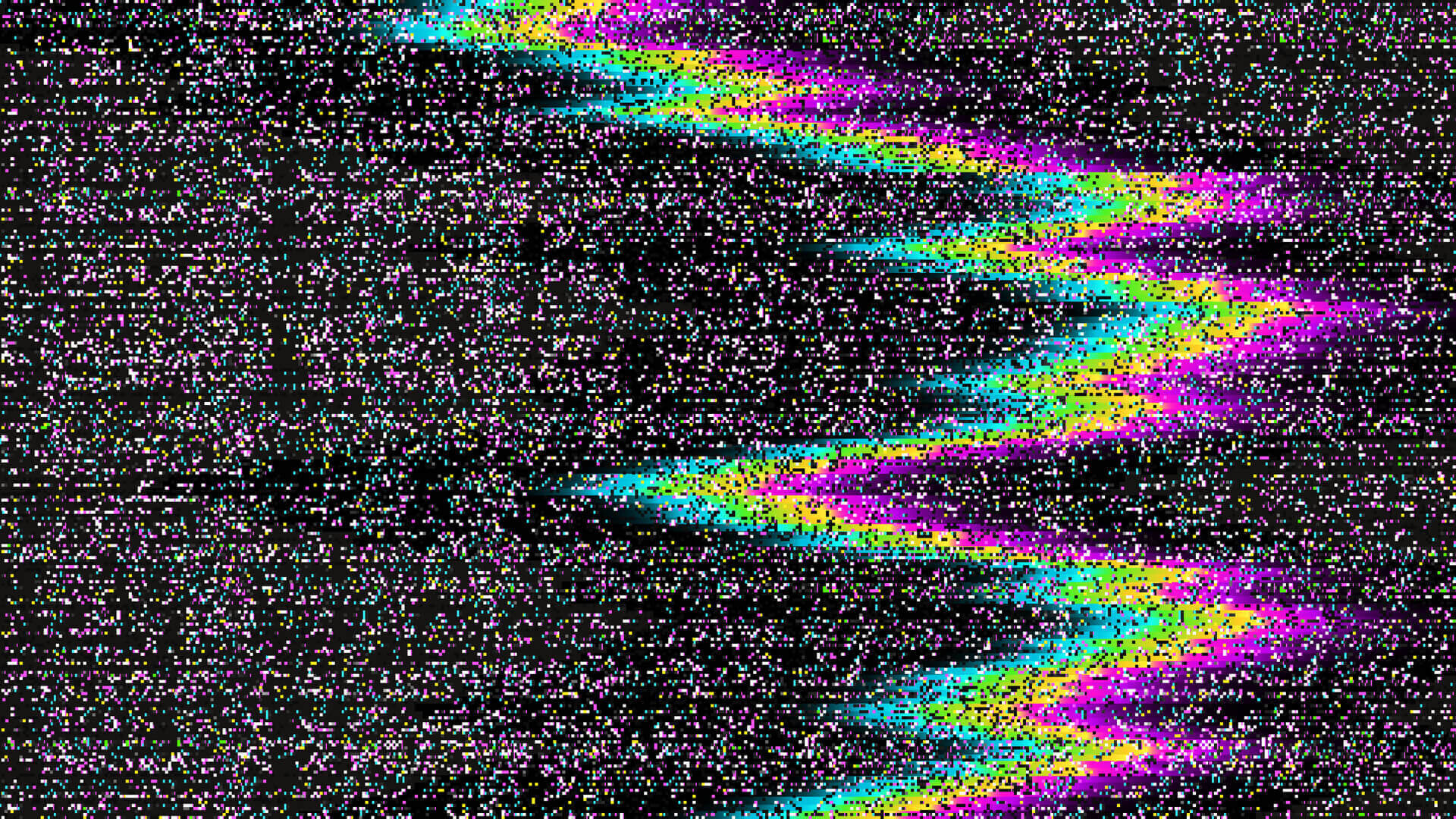PhD research
More Than a Viewer Guide: Rethinking the Television Critic in the Post-Television Era
The role of the television critic in shaping the cultural economy surrounding the medium of television is arguably undervalued and under-discussed. In recent years, the output of these critics has been reimagined from what was once a small section within print broadsheet newspapers to become a dynamic, central component of audience engagement with televisual texts – specifically, as part of post-viewing practices. Television criticism now takes a variety of forms all of which embrace the social and conversational aspects of television. This includes but is not limited to: writings in print and online across both traditional news outlets and on pop-culture focused websites; conversations on television-dedicated podcasts or as episodic audio recaps (both official and unauthorized); and programming in a series of newly appearing television festivals (see the ATX Television Festival in Austin, Texas, or the Split Screens Festival held in New York City, among others, globally). This evolution is very much reflective of the medium of television itself, which in its current era is characterised as both increasingly expansive due to digital advancements fostering a growth in the number of programs being produced each year – also known as ‘Peak-TV’ – and increasingly niche, as these changes enable the catering to wider sub-communities of viewers within society. To date, critical discourse about the TV critic is limited to a handful of publications since the profession’s conception, and as such, critical discourse has not tracked its impact on contemporary television culture. Even more specifically, none of this existing literature has engaged directly with the critic via fieldwork interviews, a vitally important, missed opportunity that has the potential to reframe how future research can and should consider creative economies, such as criticism. This thesis brings the critic to the fore, employing the critic as a lens through which it is possible to assess changes to the contemporary television landscape.
Honours research
Bingeing on Love: Millennial Transformations of the Romantic-Comedy on Television
Looking specifically at the romantic-comedy genre, this thesis examines the reworking, redefining and reimagining of screen genres taking place in the contemporary media environment where television is no longer simply a ‘box’ through which programmed content is watched. The last five years has seen the emergence of the romantic-comedy as a respected, hybrid televisual form redefined as the ‘romantic-dramedy.’ This thesis concentrates on You’re the Worst (FX, 2014, FXX, 2015–present) and Love (Netflix, 2016–present), two examples of this surfacing contemporary programming that are emblematic of the way in which this new televisual genre fusion combines identifiable semantic and syntactic elements of the cinematic romantic- comedy and the television drama. It does so in conjunction with the use of ‘emotional realism’, employed to create relatable characters and storylines, which audiences — predominantly ‘millennials’ — embrace through new on- demand television platforms reconfigured to their own individualised viewing habits.
